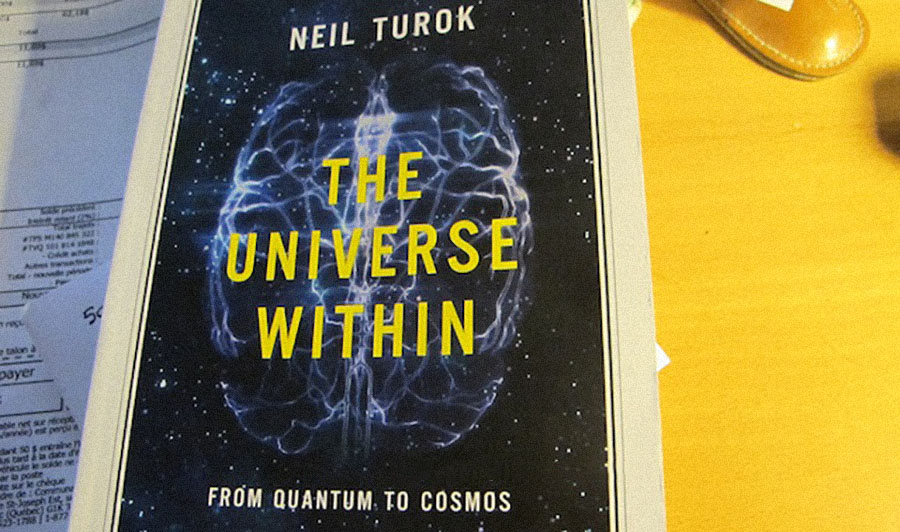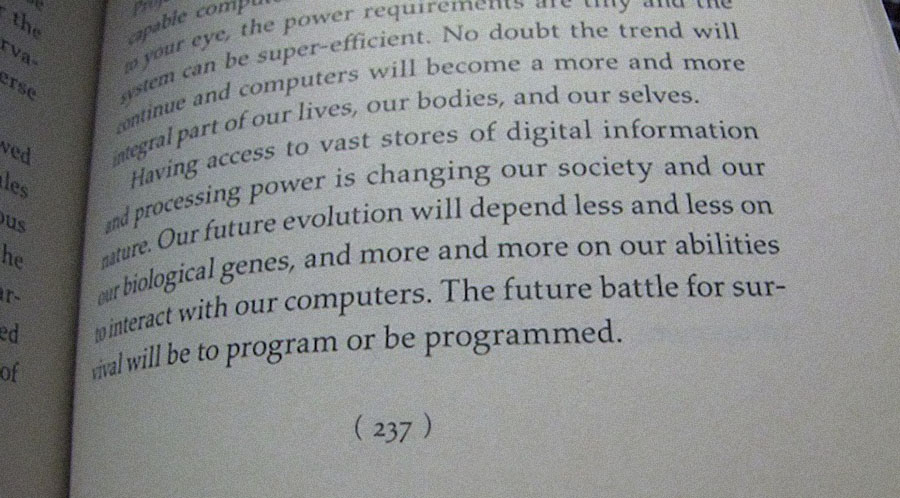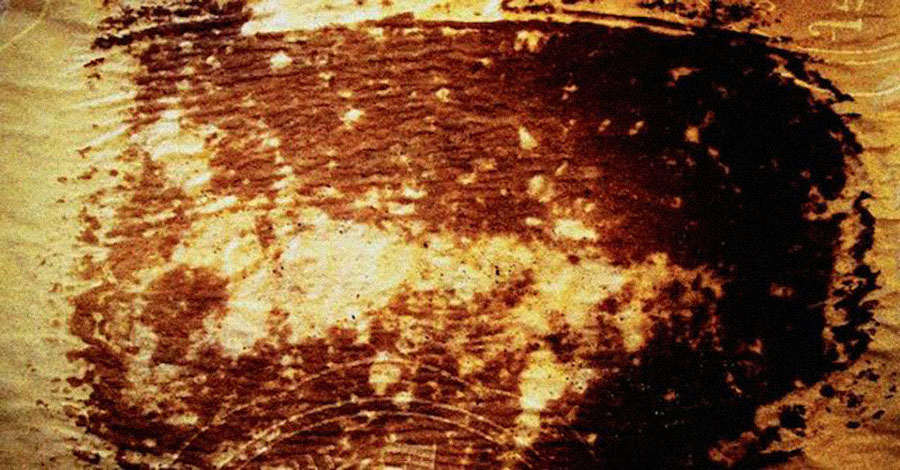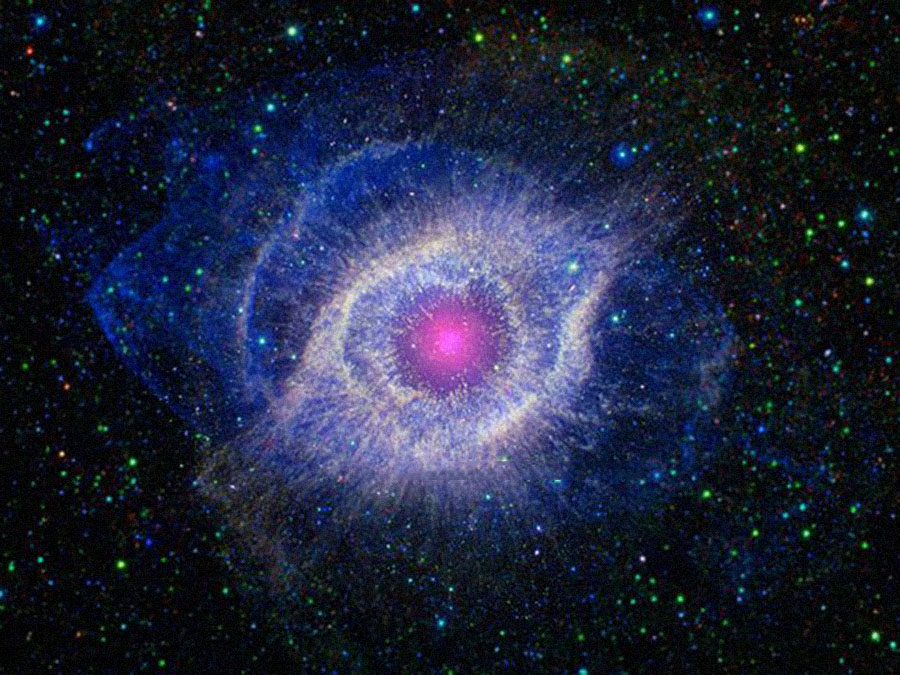
Universe
December 25, 2012
Slept for part of the day, still burdened by the good Christmas meal and the pleasures that came with it. Between these unconscious periods, I took the opportunity to go through the last half of an inspiring book, [The Universe Within](http://www.amazon.ca/The-Universe-Within-Quantum-Cosmos/dp/1770890157), by Neil Turok.
The author, a renowned physicist, tells us about the genesis of quantum physics. In style accessible to everyone (well, you still have to concentrate...), Turok summarizes more than two centuries of discoveries (from Newton to today) in terms of knowledge of the cosmos. It is very informative, sometimes difficult, and although it spares us mathematics, we come to understand the various current foundations that govern the multiple theories.
Throughout the book, Turok discusses in parallel the importance of education, the value of science, the democratization of knowledge, etc. (he is himself of South African origin, his father having fled the abuses of apartheid.) He also tries to show us that we are at a turning point in knowledge. We all know that the discoveries of the 1920s have changed the way we exist if only through the almost exponential emergence of computer technology, a direct consequence of the understanding of physical mechanisms made during this glorious period.
The book does, however, mention the limits of this knowledge even if, in a concise time, we could know if the universe comes from a giant bang or if it is driven by an immeasurable pendulum movement (the Planck satellite is listening for us to the background noise of the universe, the results will arrive in 2013). 70% of the universe is composed of void that... has a lot of energy. Another 20% of the universe is composed of "dark matter." And within the remaining small 10% is understood the matter as we know it.
In the not so distant future, we will be able to build quantum computers that will be fabulous, monstrous computational machines (the most complex password will be solved in less than a second, whereas it is estimated that with our current computers, it would take forever to uncover it). It’s not really science fiction imagined by an author who gets carried away. The author is, I would remind you, an ordinary man.
Transformations are therefore coming to our door. At the moment, few show us that we are ready to face it. What can we do about it? This is what the last chapters tell us. If the author’s speech may seem, at this stage, worn out, so much we have heard it, I believe that Turok expresses it accurately. We are on the verge of a collision between our analogous world (biological, formal) and the digital world (DNA, all-round knowledge, without filters, between magic and Frankenstein). Quantum computers are not capable, by themselves, of "reproducing" themselves, or of copying information, but they will be a sword with an annihilating edge in the hands of the individuals who will control them. In other words, Turok warns us. While he remains optimistic, he fears for our mental health. Our knowledge is vast, magnificent, but it still struggles with the big questions (the eternal why). It is our duty, as a living species that becomes aware of its place in the universe, not to fall into disorder, otherwise what we have acquired may have been in vain.
In short, it is time for science to resume dialogue with society, not only as a source of technicality but as a means of making us evolve towards an inner universe in the image and scale of what surrounds us. I hope Harper has received a copy of this book (I can always dream, I know).
The author, a renowned physicist, tells us about the genesis of quantum physics. In style accessible to everyone (well, you still have to concentrate...), Turok summarizes more than two centuries of discoveries (from Newton to today) in terms of knowledge of the cosmos. It is very informative, sometimes difficult, and although it spares us mathematics, we come to understand the various current foundations that govern the multiple theories.
Throughout the book, Turok discusses in parallel the importance of education, the value of science, the democratization of knowledge, etc. (he is himself of South African origin, his father having fled the abuses of apartheid.) He also tries to show us that we are at a turning point in knowledge. We all know that the discoveries of the 1920s have changed the way we exist if only through the almost exponential emergence of computer technology, a direct consequence of the understanding of physical mechanisms made during this glorious period.
The book does, however, mention the limits of this knowledge even if, in a concise time, we could know if the universe comes from a giant bang or if it is driven by an immeasurable pendulum movement (the Planck satellite is listening for us to the background noise of the universe, the results will arrive in 2013). 70% of the universe is composed of void that... has a lot of energy. Another 20% of the universe is composed of "dark matter." And within the remaining small 10% is understood the matter as we know it.
In the not so distant future, we will be able to build quantum computers that will be fabulous, monstrous computational machines (the most complex password will be solved in less than a second, whereas it is estimated that with our current computers, it would take forever to uncover it). It’s not really science fiction imagined by an author who gets carried away. The author is, I would remind you, an ordinary man.
Transformations are therefore coming to our door. At the moment, few show us that we are ready to face it. What can we do about it? This is what the last chapters tell us. If the author’s speech may seem, at this stage, worn out, so much we have heard it, I believe that Turok expresses it accurately. We are on the verge of a collision between our analogous world (biological, formal) and the digital world (DNA, all-round knowledge, without filters, between magic and Frankenstein). Quantum computers are not capable, by themselves, of "reproducing" themselves, or of copying information, but they will be a sword with an annihilating edge in the hands of the individuals who will control them. In other words, Turok warns us. While he remains optimistic, he fears for our mental health. Our knowledge is vast, magnificent, but it still struggles with the big questions (the eternal why). It is our duty, as a living species that becomes aware of its place in the universe, not to fall into disorder, otherwise what we have acquired may have been in vain.
In short, it is time for science to resume dialogue with society, not only as a source of technicality but as a means of making us evolve towards an inner universe in the image and scale of what surrounds us. I hope Harper has received a copy of this book (I can always dream, I know).



